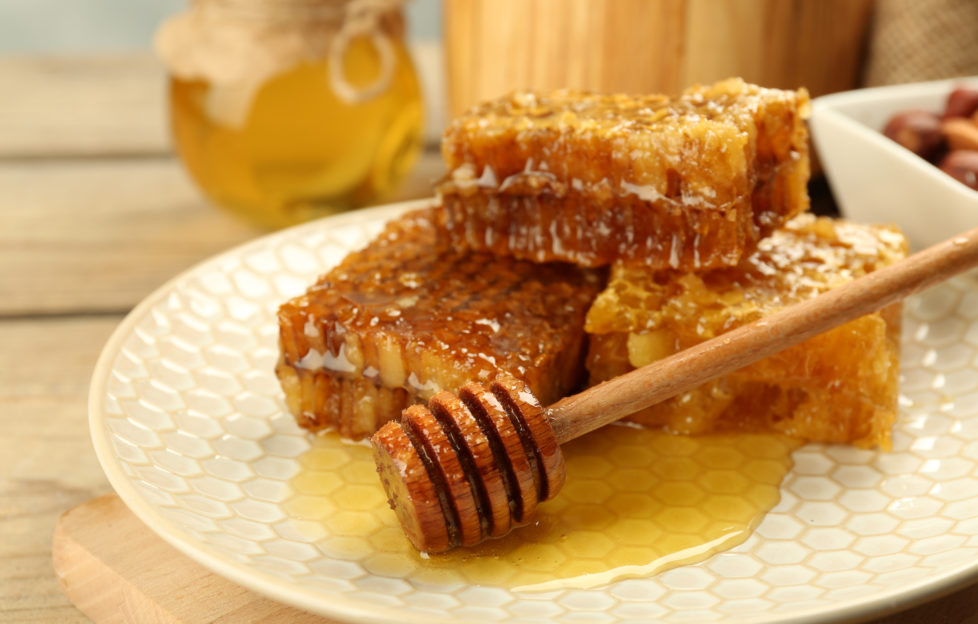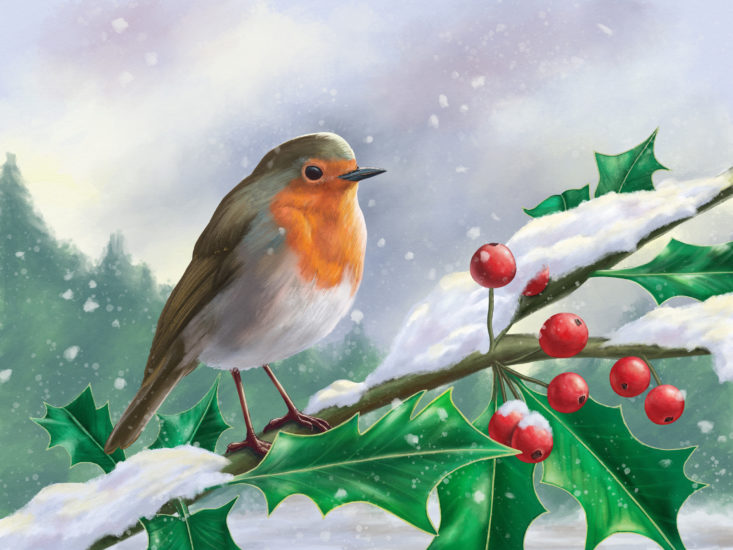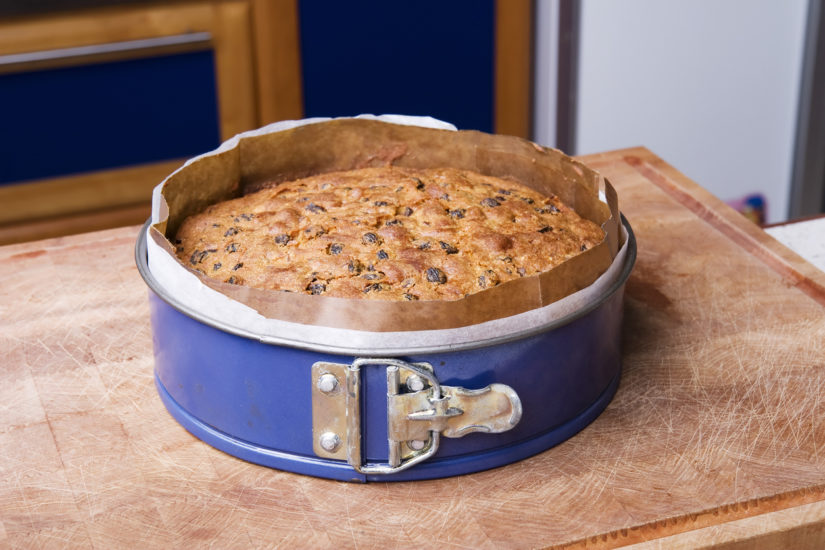
We might not be getting out as much as we’d like, but hay fever can still be a real issue for some.
Here are some helpful tips for sufferers, brought to you by one of our regular health experts.
Enjoy local honey
Although the science isn’t strong, eating honey that has been produced locally might be a delicious way to build your resistance to the pollen in your area.
This is because local honey can contain traces of local pollen. So by introducing your body to small quantities of it, you may eventually be able to build up some immunity.
One study suggested that honey three times a day could help improve allergic rhinitis symptoms.
So stir a spoonful into your tea to see if it helps!
Preventative measure
Using a steroid nasal spray will help to cut down inflammation in the lining of the nose and ease watery eyes.
If you start taking allergy medications before you first come into contact with your pollen triggers, the medication can prevent the release of histamine and other chemicals.
As a result, allergy symptoms may be much less severe.
Keep in mind that they can take a few days to become fully effective.
Wear sunglasses
If you can prevent pollen particles from reaching — and irritating — the delicate tissues of your eyes and nose, you can often minimise symptoms.
So do wear wrap-around sunglasses when you’re outside, and smear a little petroleum jelly around your nostrils to “trap” the pollen particles you might be inhaling.
Switch antihistamines
If you are wary of antihistamine tablets because you fear they make you sleepy or they don’t seem to work, it might be time to experiment with the newer varieties available.
Look for tablets containing loratadine or cetirizine (both of which are non-drowsy) and try both types. One may help your hay fever symptoms when the other doesn’t.
You’ll find own-brand allergy tablets much cheaper than big name brands.
For more health tips from “The People’s Friend”, click here.




